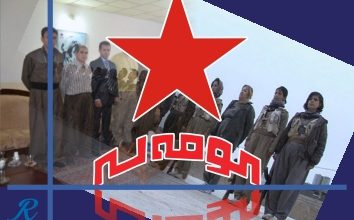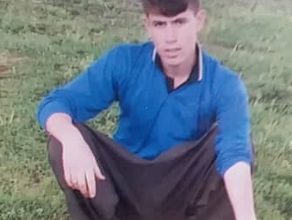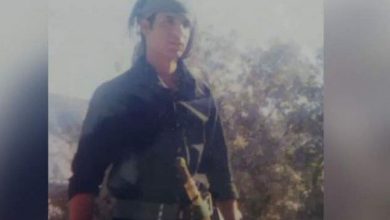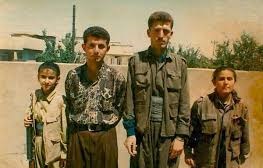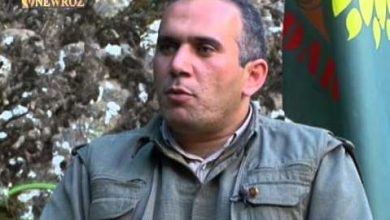“The struggle for the freedom of Kurdistan, warfare for the realization of Kurdish rights, presence in the mountains for the acquisition of political and military training for Kurdistan, combat in the name of the Kurdish people, armed conflict for Kurdistan and the Kurds, targeted actions to combat centralism, guerrilla life to sustain the ideals of Kurdistan and…” , part of the slogans that Kurdish terrorist groups have been using to deceive Kurdish young people and the Kurdish community for over 45 years! For 45 years, these groups have leveraged captivating and deceptive slogans, exploiting ignorance, poverty, unemployment, the centralized attitudes of regional governments, flawed security approaches, and the lack of development in Kurdish regions. Their objective is to sell their unfulfilled dream to Kurdish young people and gain legitimacy under the banner of Kurdistan. For 45 years, these groups have neither taken steps for the liberation of Kurdistan, nor contributed to the development and well-being of the Kurdish regions and their people, and neither has their approach of armed conflict, terrorist activities, abduction, and living in the mountains proved effective… These groups believe they are advancing the conditions in Kurdistan; however, they are increasingly lagging behind the society and its developments day by day. This young man from Marivan, born in 2004, illegally departed the country on May 31, 2021, while still under the legal age and subsequently aligned with the Komala. Priorly, he had dropped out of school. On March 28, 2022, he surrendered to the border guard forces upon his entry into Iran. The interview conducted by IKHRW with this Iranian Kurdish young man and his novel insights regarding the structure of Komala is highly compelling.
Question: Mr. Dehqan! Please explain what factors led you to join the Komala group?
Kohsar Dehqan: From a young age, I was engaged in social and political issues. As I reached my teenage years, I confronted economic and social challenges in my area. I felt a lack of operational capacity and a bleak future, which left me disheartened. On the other hand, I was influenced by my friends and the propaganda of armed groups. I believed that if I joined Komala, I could be part of a struggle aimed at improving the conditions in Kurdistan.
Question: What were your expectations after joining Komala, and were those expectations met?
Kohsar Dehqan: When I joined Komala, I anticipated encountering greater resources and the ability to make an impact. However, upon entering the bases, I realized the conditions were drastically different from what I had envisioned. Instead of improving my situation, I felt as though I had entered a confined and discouraging environment.
Question: What were your living conditions in the Komala?
Kohsar Dehqan: We truly faced arduous and grueling conditions. Every morning we would wake up early and engage in physical training for hours. Following that, we attended political and ideological classes, which were particularly intense and challenging for me. We were compelled to undertake strenuous physical tasks that were incompatible with my physical condition.
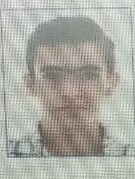
Question: What factors led you to make the definitive decision to separate from the group?
Kohsar Dehqan: After a period of time, I concluded that there was no future for me within this group. I observed no positive impact on my comrades and felt that I was trapped in a vicious cycle. The Komala group lacked operational significance and was not taken seriously by anyone. Therefore, why should I remain there? Consequently, I consulted with my uncle, with whom I was in contact, and he encouraged me to disengage from the group.
Question: How did you disengage from the group, and what happened afterward?
Kohsar Dehqan: Initially, I had significant apprehension. We were advised that if we separated, we would encounter numerous challenges. They primarily intimidated us with the prospect of prolonged imprisonment in Iran. However, over time, I realized that my life was in jeopardy, and I had to take the risk. I was tired of a covert life, a life as a criminal, coward, and fugitive. I was prepared, if I was to be sentenced to imprisonment, to serve my time in Iran rather than in a territory or a base called Komala.
Question: How were you treated upon your return to Iran?
Kohsar Dehqan: When we arrived in Iran, we were subjected to extensive inquiries; however, we did not experience any hostile actions. The tribunal merely requested intelligence from us, and subsequently, we were released without complication. There was no imprisonment or torture. All of these are falsehoods propagated by Komala to deter young individuals like me from returning to Iran. Even now, I am pleased to have returned to my homeland and I feel that I am in a place where I belong.

